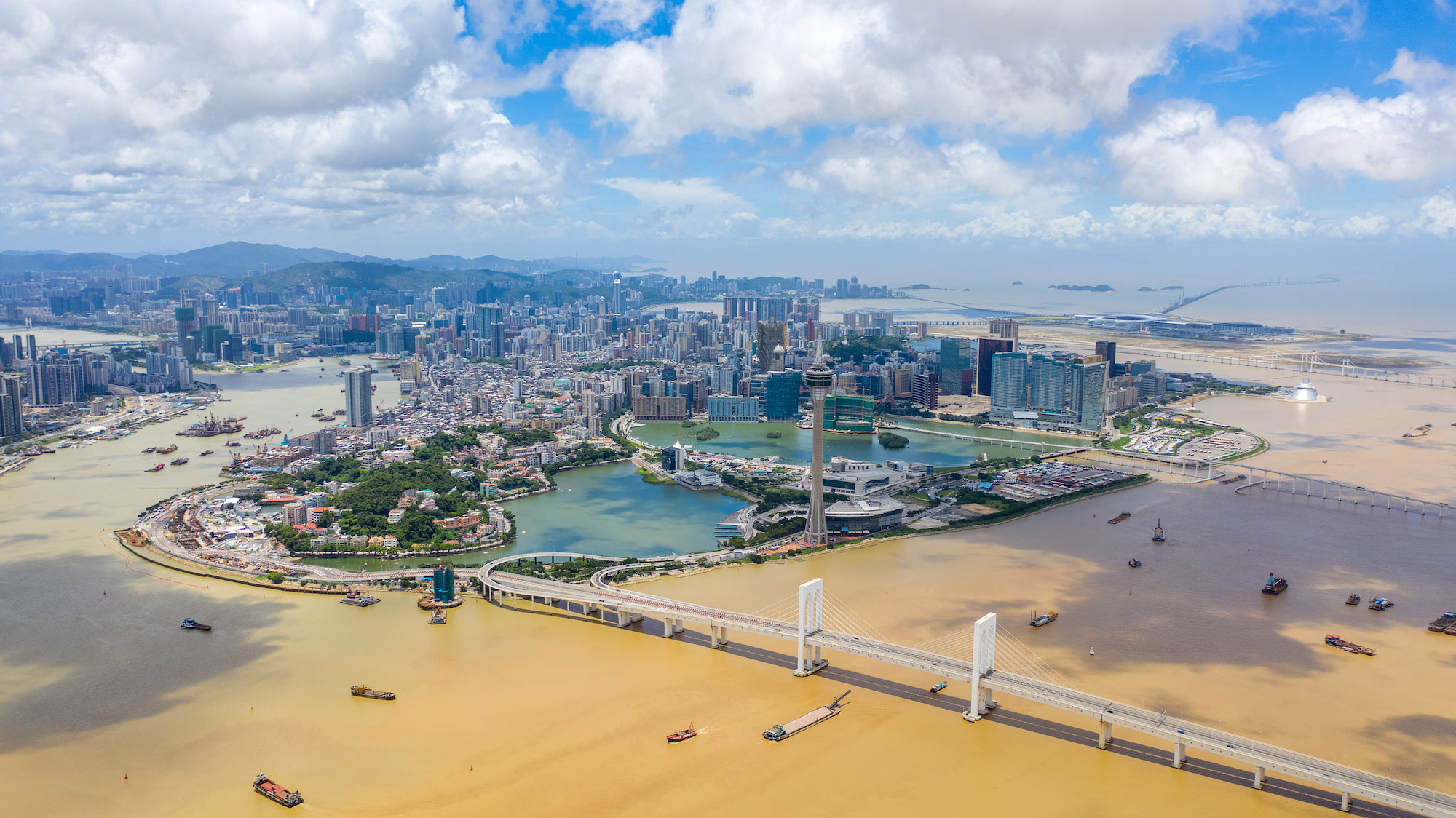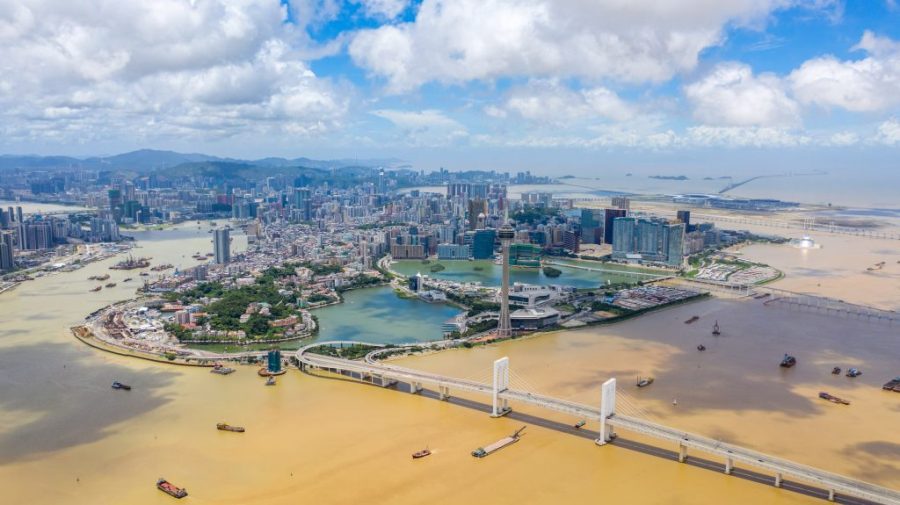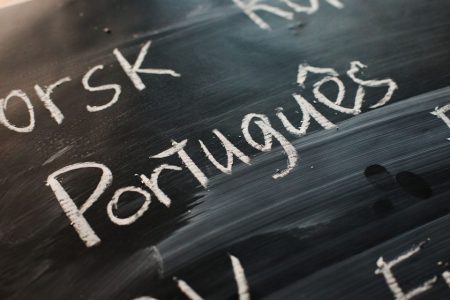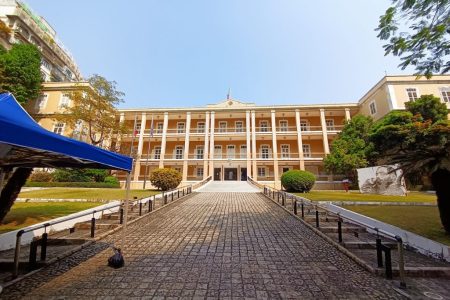
Macao should focus on urban renewal planning and emphasise keeping its old traditions while injecting new ideas and elements, Deloitte China Vice Chair Norman Sze Nung Chi has said.
Sze was speaking at Beyond Expo Macao 2021, which opened at Venetian Cotai Expo yesterday,where his company presented a report on “Urban Future with a Purpose: 12 trends shaping the future of cities by 2030”.
Sze admitted that it would be a difficult task for Macao to merge the old and the new during urban renewal projects, but he added that even though it would be a “big challenge” it would bring “big opportunities”.
Sze also suggested that Macao could try to develop a digital innovative system, such as by investing in 3D printing, to create technology that combines physics and digital innovation. He pointed out that this could help integrate digital innovation in local communities.
Meanwhile, Sze announced the 12 trends that will be shaping future cities, as found by Deloitte’s in-depth research and analysis across the globe.
Sze said that the findings show that China’s future cities will be evolved towards green, digital, accessible, diverse and inclusive development
He said that the 12 trends that shape future cities by 2030 are:
– Green planning of public spaces
– Smart health communities
– The “15-minute city” concept (meaning all necessary amenities are available within a short walk, bike ride or public transport trip)
– Low-carbon and smart mobility
– Inclusive services and planning
– A digital innovation ecosystem
– A circular economy and producing locally
– Smart and sustainable buildings and infrastructure
– Mass participation
– City operation through artificial intelligence (AI)
– Cybersecurity and privacy awareness
– Surveillance and predictive policing through AI
Sze concluded that “Chinese cities are striving to create a greater sense of fulfilment, happiness, and security for their citizens by providing better services and resolving urban development issues through a scientific, sophisticated, and human-centric approach.
“Accelerating green transformation will be top of the agenda in future city development, and Chinese cities must harness digital technologies to promote smart, harmonious urban development and improve the inclusiveness and accessibility of services to achieve sustainable long-term progress.”




